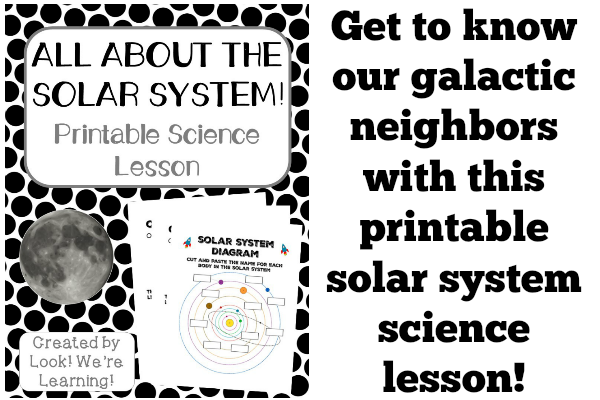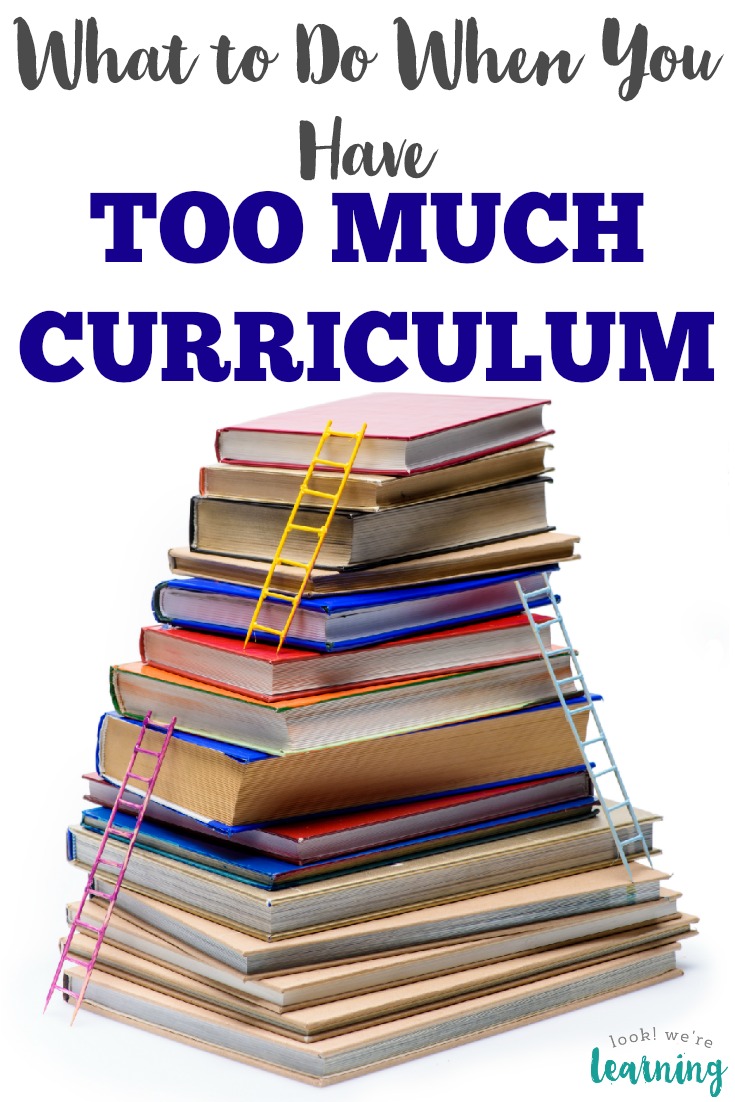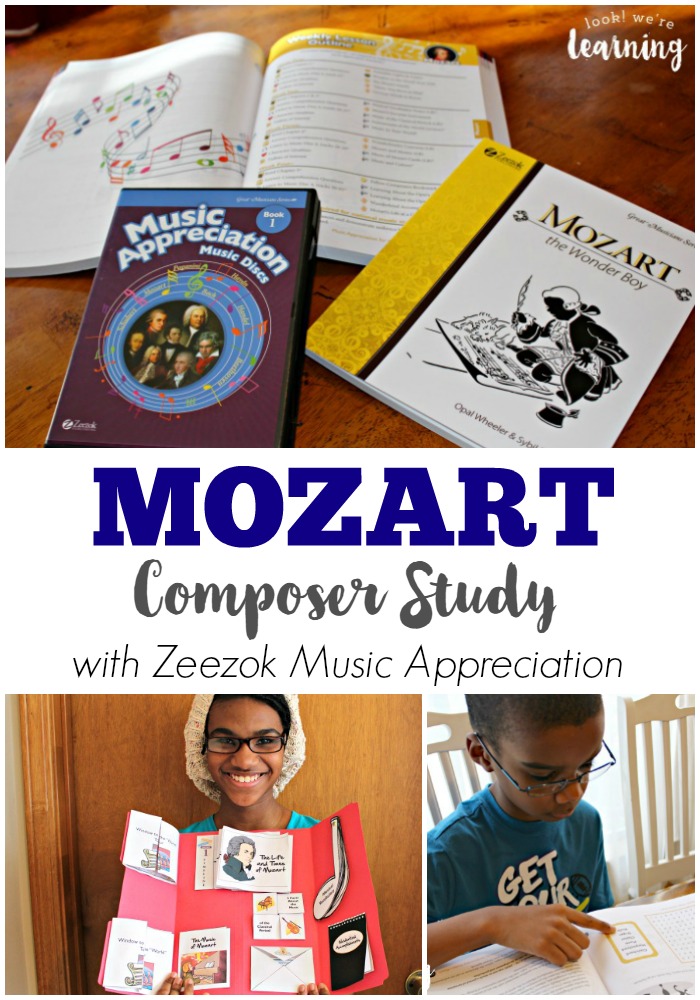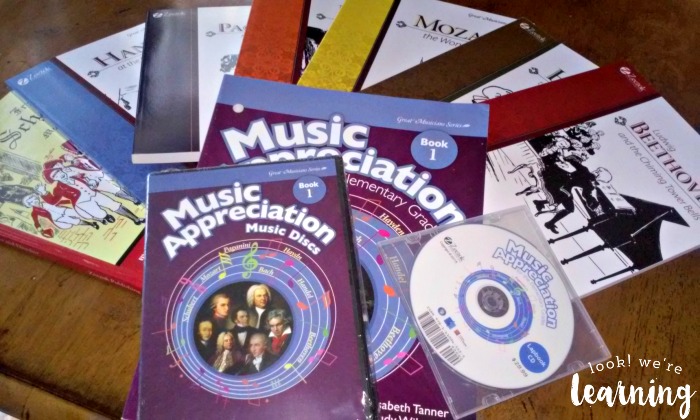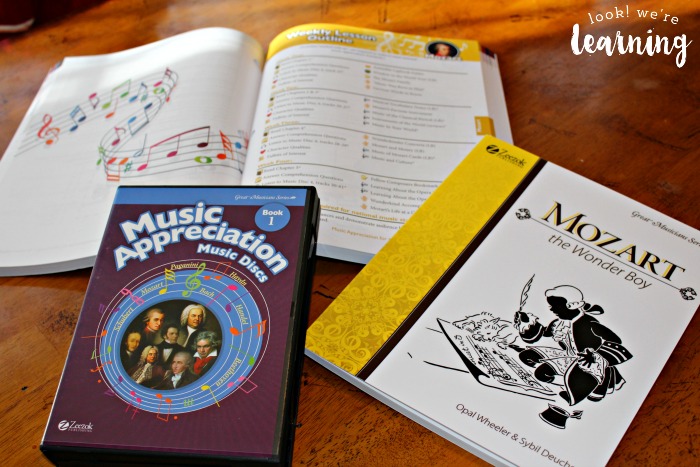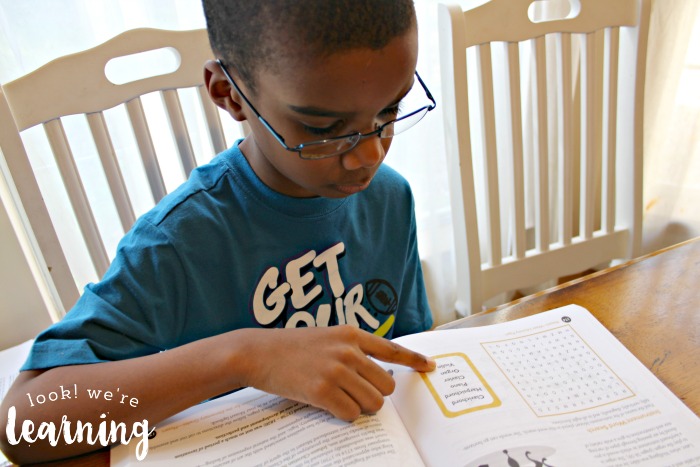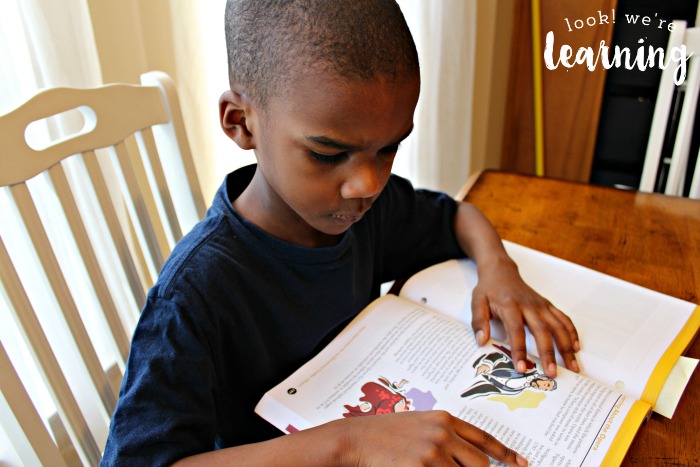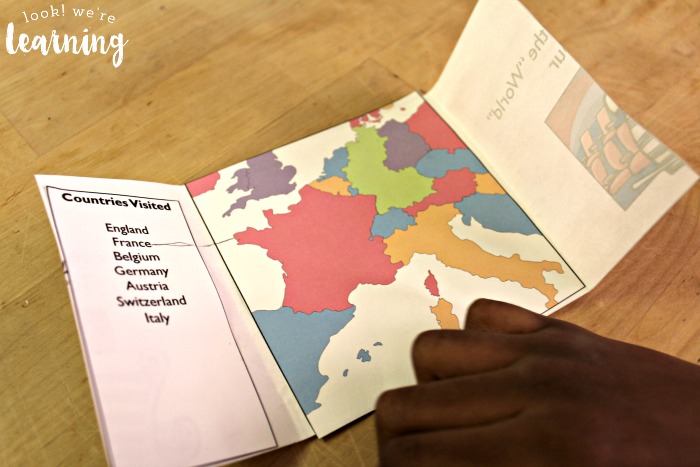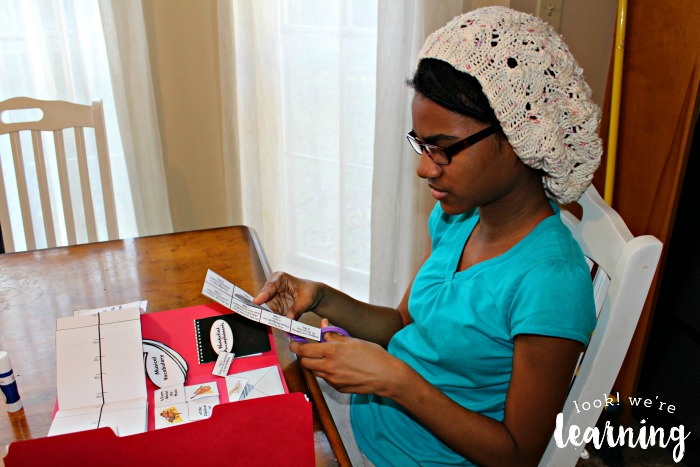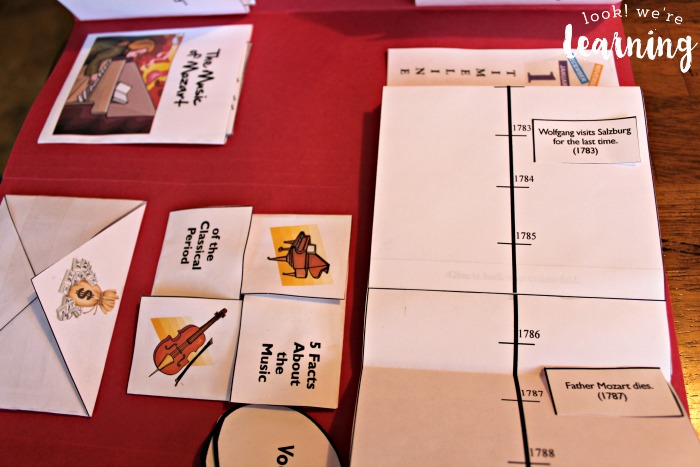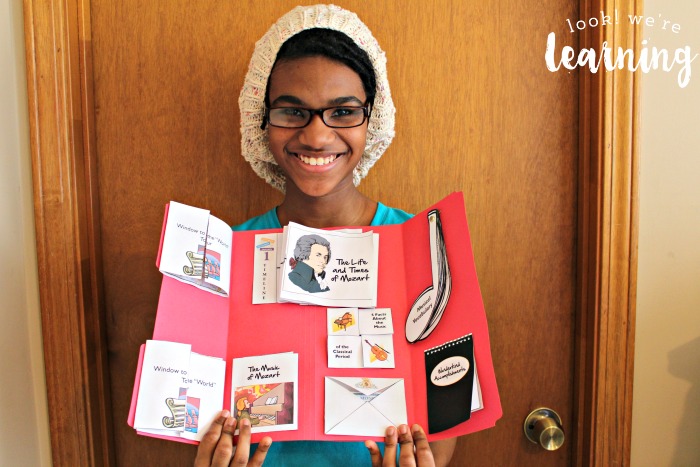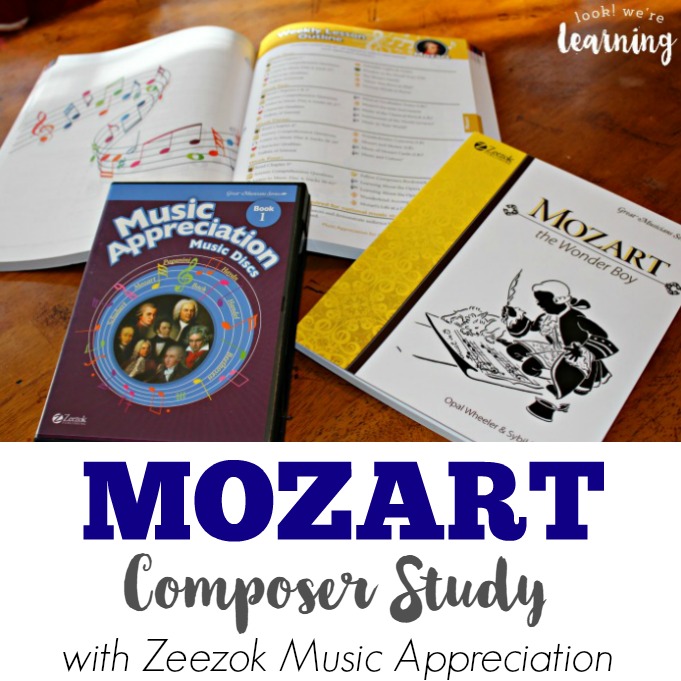When you think of a “secular” homeschooler, what comes to mind? You might think of a parent who supports evolution, practices atheism, or chooses not to follow religious beliefs. There are secular homeschoolers who fit this description. In fact, I personally know some who do.
But, this doesn’t describe our family. We’re deeply religious, but we still choose to use a secular science curriculum. Why?
It’s because many faith-based homeschooling programs include tenets that we do not personally subscribe to – particularly when it comes to science. So, we’ve always preferred a secular science curriculum that we can teach, while including our religious point of view.
Still, that’s made choosing a science curriculum somewhat difficult, because many secular programs don’t line up with what we want to teach our kids either. Fortunately, we’ve found one we like. Through our search this year, I discovered a few tips that helped us choose a secular science program.

Images c/o: StockUnlimited
How to Choose a Secular Science Curriculum
1. Consider your educational goals.
First, think about what you want your children to learn this year:
- Do you want them to get an introduction to the universe, to the science of Earth, or a look at the wide world of wildlife?
- Are you ready for them to tackle basic chemistry or physics?
- Do you want the kids to try lots of experiments themselves?
Science programs vary greatly. Some feature hands-on experiments and activities, while others are more lecture-heavy. Take your children’s readiness into account when deciding which program to try.
2. Decide which scientific principles are important to you at this age.
In the homeschool world, kids may learn at different grade levels, depending on the subject. A child who’s reading several grade levels ahead may need to stay at their current grade level or even *gasp* take a step back to get a good foundation in science.
That’s fine! Think about the age of your child. What scientific principles do you want your child to learn now? Look for a program that will cover those topics.
For our rising first-grader, we wanted to get an overview of all scientific branches: geology, biology, physics, and chemistry. So when we selected our first grade science program, we chose one that would give her an introduction to all of these.
3. Browse the program to look for possible areas of contention.
Once you narrow down your selections to a few programs, take a look at the scope and sequence, as well as the learning objectives, to see if there are any topics that may be a problem for your family.
Personally, I didn’t want to go through the trouble of finding (and purchasing!) a secular science curriculum only to skip several chapters of it. So I carefully read the program overviews to see if what was taught would suit us, or at least be easy to adapt for our family.

This year, we’ve decided on BookShark for our youngest child. She’s entering first grade this fall and BookShark’s science curriculum is an excellent fit for what we want her to learn this year.
While BookShark isn’t strictly secular, it’s faith-free. It doesn’t promote evolution, but it also doesn’t promote the “young earth” viewpoint. We can simply discuss what scientists have come to know and we’re excited to see what we can learn.
I’ll be sharing more of our journey with BookShark throughout this upcoming school year!
Read these other tips for choosing homeschool curriculum for your family!
See more tips for teaching science on my It’s Science! Pinterest board!

